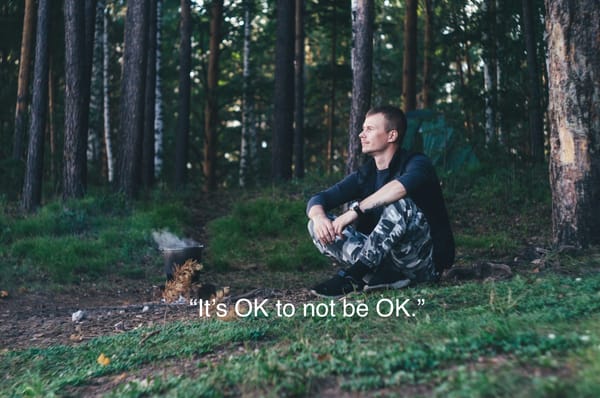The Future of Personalized Health: How AI and Wearables Are Changing Wellness
We’re stepping into a new era of personalised health, where AI, wearables, and smart technology are helping us understand our own bodies better than ever before. It’s like having a personal health coach that actually knows you—without the expensive consults.

Hey friends,
Let’s have some real talk. Remember when “being healthy” meant following generic advice like:
• Eat clean. (But what even is clean?)
• Exercise regularly. (How much is enough? Too much?)
• Get 8 hours of sleep. (Says who? My body seems fine on six.)
• Drink 2 liters of water a day. (But why am I still thirsty?)
If you’ve ever followed all the “right” advice but still felt off, I totally get you. And guess what? You’re NOT the problem. The advice is.
See, health isn’t one-size-fits-all. What works for your bestie might not work for you. And finally—FINALLY—the world is catching on.
We’re stepping into a new era of personalised health, where AI, wearables, and smart technology are helping us understand our own bodies better than ever before. It’s like having a personal health coach that actually knows you—without the expensive consults.
Let’s dive in and explore how this new wave of personalised wellness is changing the game—and how you can use it to finally make your health work for YOU.
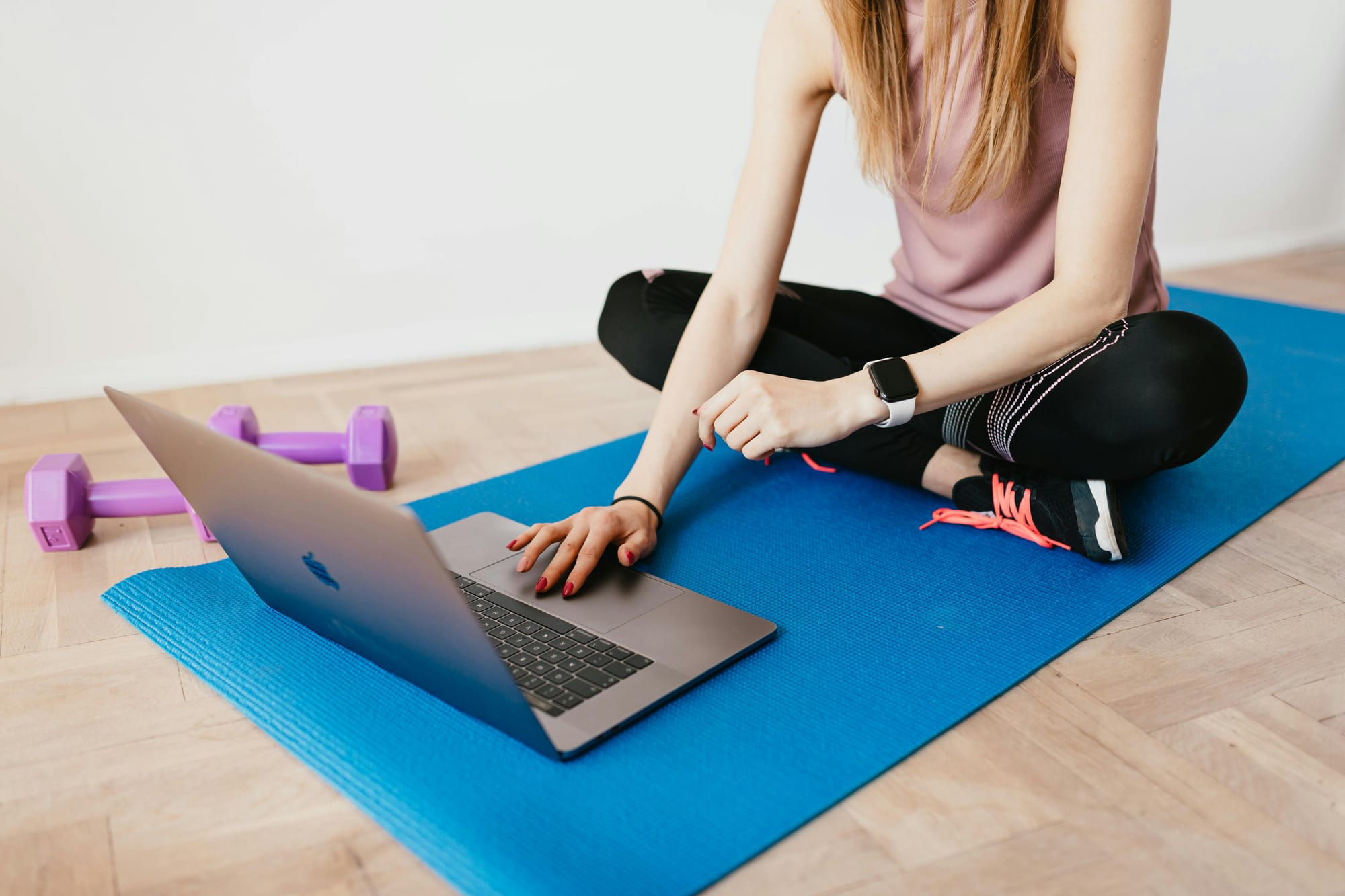
1. AI and Wearables: Your Personal Health Coach on Your Wrist
Okay, let’s start with the basics.
Remember when fitness trackers were just glorified step counters? I do. I had one of those early pedometers that beeped when I hit 10,000 steps, and let’s be honest—I shook it a few times on lazy days to fake my progress (oops).
Fast forward to now? Wearables are basically health superheroes.
Today’s smartwatches, rings, and trackers can tell you:
✔ How rested you actually are (not just how long you slept, but how well)
✔ If you’re stressed out before you even feel it
✔ When your body is ready to train or needs more recovery
✔ What your heart rate variability (HRV) says about your overall well-being
✔ Whether your oxygen levels are good (helpful for tracking stress & illness)
And that’s just the beginning.
But here’s where it gets REALLY cool—AI is taking all this data and actually giving us real-time insights. It’s no longer just numbers; it’s guidance.
Imagine this:
❌ Old way: You exercise like crazy, feel exhausted, and wonder why.
✅ New way: Your wearable tells you your body isn’t fully recovered and you should do light movement instead.
❌ Old way: You try random diets, hoping one works.
✅ New way: Your AI-powered app analyzes your metabolism and suggests what foods your body actually thrives on.
See the difference? This isn’t about following trends—it’s about understanding your body’s signals and responding intelligently.
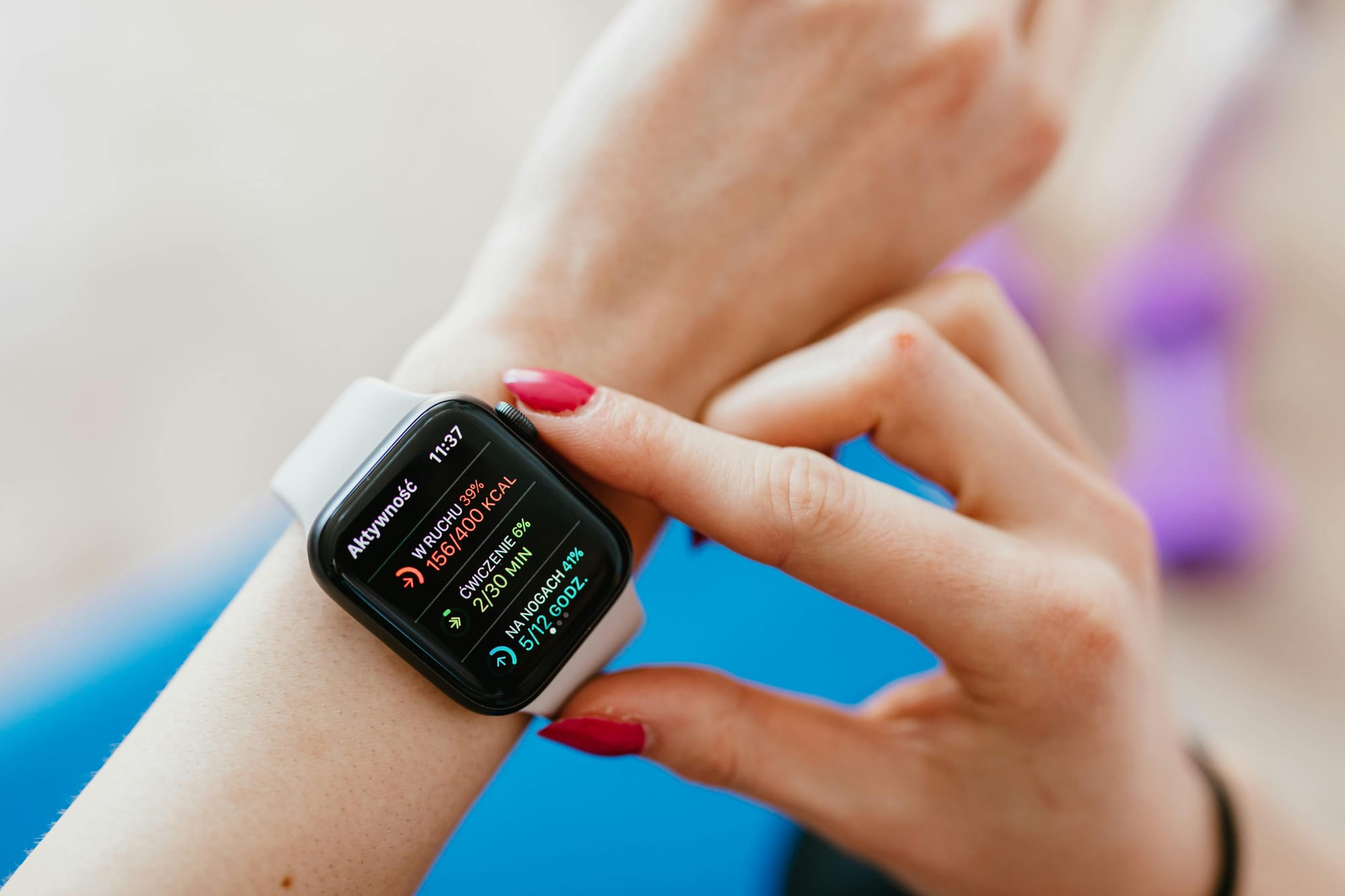
2. The Best Wearables for Personalized Health
So, if you’re thinking, “Okay, but which gadgets are actually worth it?”—I got you.
Here are some standout wearables and what they can do for you:
🟢 Oura Ring
If you want next-level sleep tracking, this is your BFF. Oura tracks:
✔ Sleep cycles (deep, REM, light)
✔ Body temperature (great for cycle tracking, too!)
✔ Readiness score (tells you if your body is ready to push or needs rest)
🔵 WHOOP
This is for the athletes and biohackers out there. Unlike most trackers, WHOOP doesn’t have a screen—it’s all about data and recovery. It measures:
✔ Strain vs. recovery (should you go hard or take a break?)
✔ HRV (a key indicator of stress & fitness)
✔ Sleep efficiency
🟣 Apple Watch / Fitbit
Perfect for daily health tracking and people who love all-in-one gadgets. They’re great for:
✔ Heart rate tracking
✔ Step counting
✔ Fitness coaching and reminders
🟡 Lumen
This one? A game-changer. It’s a metabolism tracker that tells you:
✔ Whether your body is burning fat or carbs in real time
✔ How to tweak your meals for better energy
✔ What foods work best for your metabolism
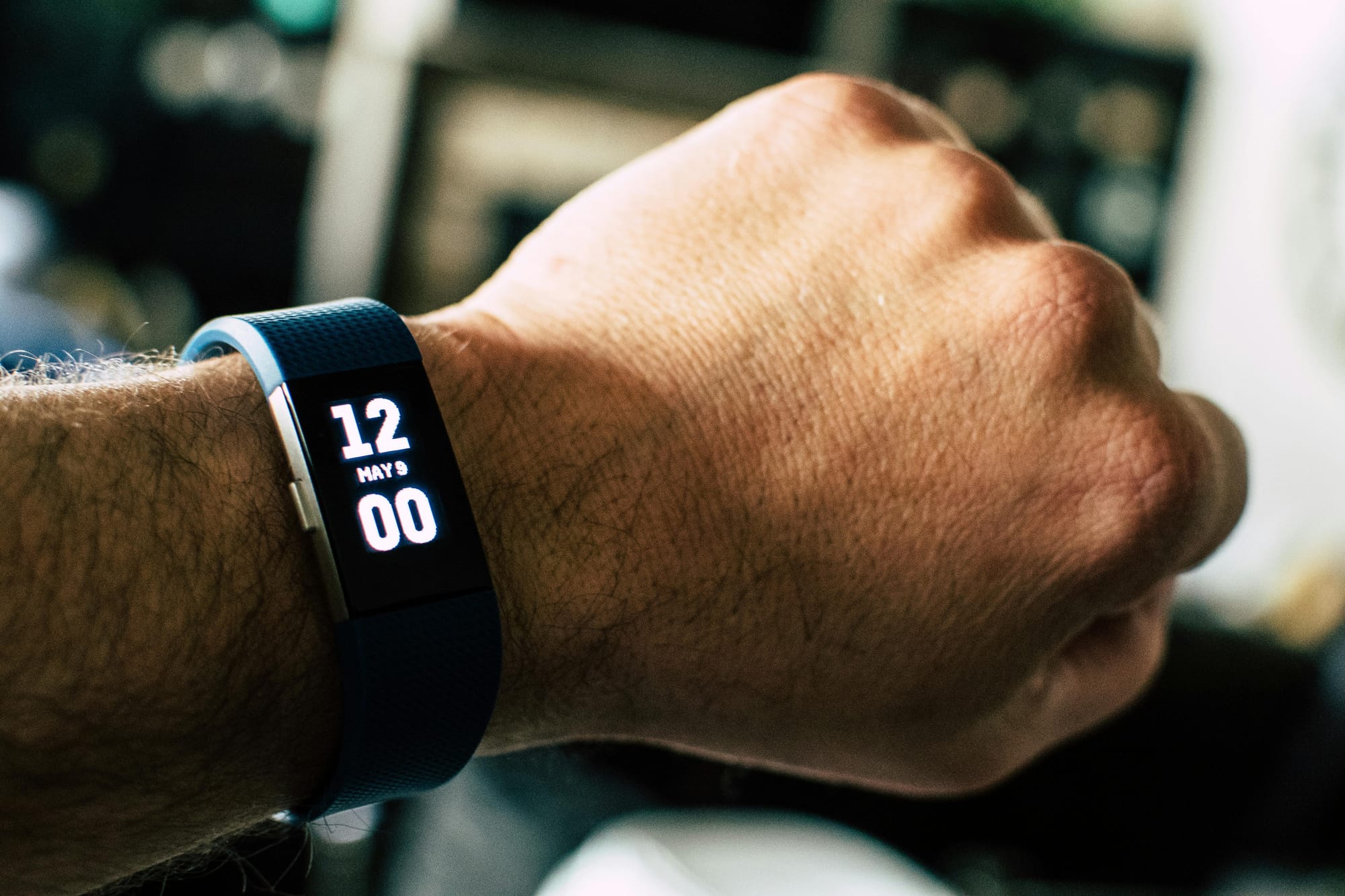
3. How AI is Making Personalized Health Smarter
Wearables are amazing, but AI is what truly makes personalized health revolutionary.
Because let’s be real—data alone doesn’t help. What matters is knowing what to DO with it. And that’s where AI comes in.
Here’s how AI-powered apps are changing the game:
✔ No more guessing your workout intensity.
AI apps like Fitbod & Ultrahuman create workouts based on your personal recovery, muscle fatigue, and energy levels. No more blindly following random gym routines.
✔ Personalized nutrition at your fingertips.
AI-driven services like ZOE & Viome analyze your gut health, metabolism, and glucose levels to help you eat the right foods for your body.
✔ Mental health monitoring in real-time.
AI apps like Woebot & Mindstrong track your mood, stress, and emotional health, giving personalized coaching based on your daily patterns.
We’ve gone from random health advice to actual, data-backed, real-time health coaching. And I am SO here for it.
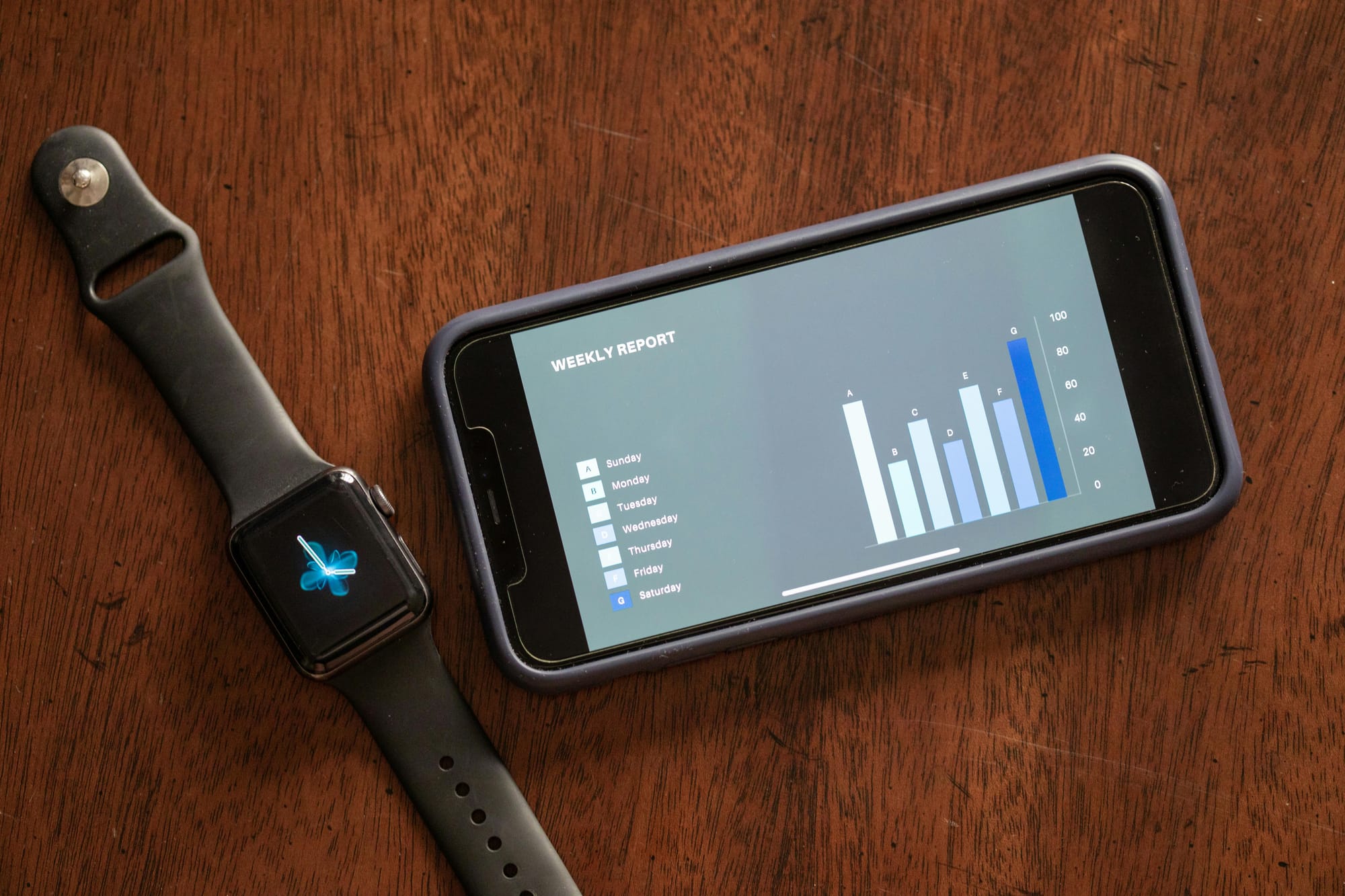
4. The Future of Personalized Health: What’s Next?
If you think AI and wearables are impressive now, just wait. Here’s what’s coming next:
💡 AI-driven health assistants. Imagine a chatbot that knows your entire health history and gives instant, tailored advice—way beyond Google searches.
💊 Smart supplements. AI-based vitamin plans will adjust based on your body’s needs in real time (no more guessing which vitamins you need).
🔬 Even deeper health tracking. Soon, wearables will track things like hydration levels, nutrient absorption, and hormone fluctuations with crazy precision.
🚀 Personalized longevity plans. Scientists are working on AI-driven anti-aging protocols, helping people extend their healthspan based on their biology.

5. How to Start Using Personalized Health (Without Overwhelm!)
Alright, let’s keep it real—with all this tech, it’s easy to feel overwhelmed. So here’s my simple game plan:
✅ Step 1: Choose ONE thing to track.
Pick just one (sleep, recovery, metabolism, etc.). Don’t try to track everything at once.
✅ Step 2: Use your data to make ONE small change.
Example: If your sleep tracker says you need more deep sleep, try adjusting your bedtime instead of freaking out over every number.
✅ Step 3: Focus on progress, not perfection.
Your tracker is a tool, not a report card. Use it to tweak your habits, but don’t let it stress you out!
The goal is to feel empowered, not obsessed.
Final Thoughts: Are You Ready for the Future of Health?
The future is HERE, babe. No more one-size-fits-all advice. No more following random trends. Just real, personalized insights about YOUR body.
What do you think? Does personalized health excite you, or does all the data feel a little much? Hit reply and let me know—I’d love to hear your thoughts!
Until next time,
Nico
P.S. If you found this interesting, forward it to a friend! Let’s build a smarter, healthier world together. 💛

